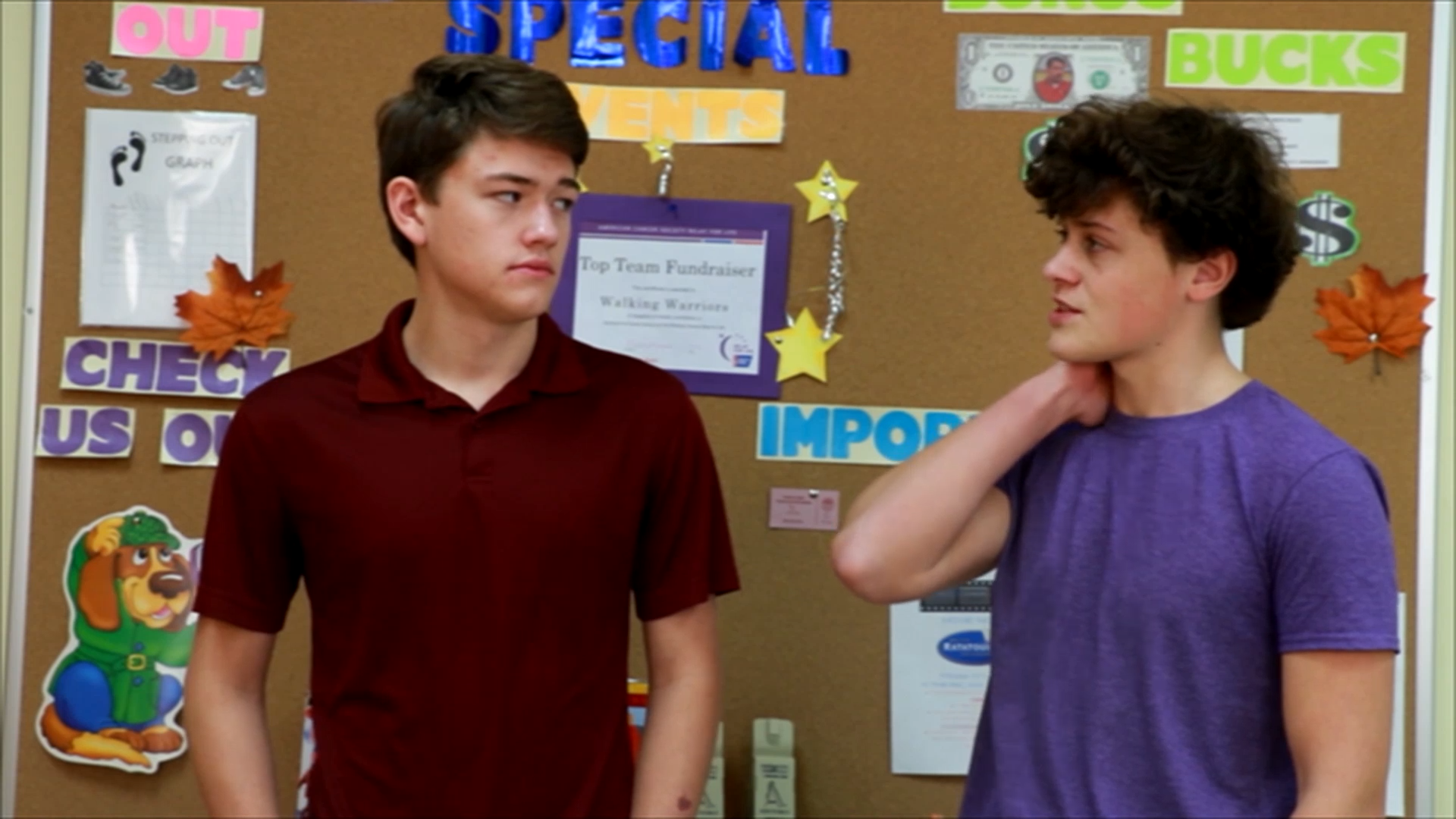
Introduction
Apologizing and accepting apologies are essential life skills that foster healthy relationships and contribute to social-emotional learning. In this blog post, we’ll explore how educators can help students understand the importance of sincere apologies and how to accept them graciously. By teaching these skills, we empower students to navigate social situations and build strong connections with others.
No-Prep Activity: The Apology Relay
This activity requires no preparation or materials and is designed to help students practice apologizing and accepting apologies in a fun and engaging way.
- Divide students into two teams and have them stand in parallel lines facing each other.
- Explain that this is a relay race, where students will take turns apologizing and accepting apologies.
- Starting with the first student in each line, they will apologize to the person across from them for a made-up situation, such as “I’m sorry I didn’t invite you to my birthday party.”
- The person receiving the apology should respond by accepting it, saying something like “It’s okay, I understand” or “Thank you for saying sorry.”
- Once the apology has been accepted, both students will move to the back of their respective lines, and the next pair will repeat the process.
- The relay race continues until every student has had a chance to apologize and accept an apology.
This activity helps students practice giving and receiving apologies in a low-pressure environment while encouraging them to think about how their words impact others.
Discussion Questions
After the activity, engage your students in a discussion to help them reflect on their experiences and deepen their understanding of the importance of apologizing and accepting apologies. Here are some questions to get the conversation started:
- How did it feel to apologize to someone for something you made up? How did it feel to accept an apology?
- Why is it important to apologize sincerely when we’ve hurt someone’s feelings or made a mistake?
- How can we tell if someone is genuinely sorry for their actions?
- What are some ways we can show that we accept someone’s apology?
- How can apologizing and accepting apologies help us build stronger relationships with others?
Related Skills
Teaching students the art of apologizing and accepting apologies is just one aspect of social-emotional learning. Other related skills that contribute to healthy relationships and emotional well-being include:
- Active listening
- Empathy
- Conflict resolution
- Assertive communication
- Self-awareness
Next Steps
Are you ready to help your students develop the skills needed to apologize sincerely and accept apologies with grace? Sign up for free sample materials from Everyday Speech to access a wealth of resources designed to support social-emotional learning in the classroom. With engaging videos, activities, and lessons, you’ll be well-equipped to guide your students on their journey towards emotional growth and healthy relationships.

